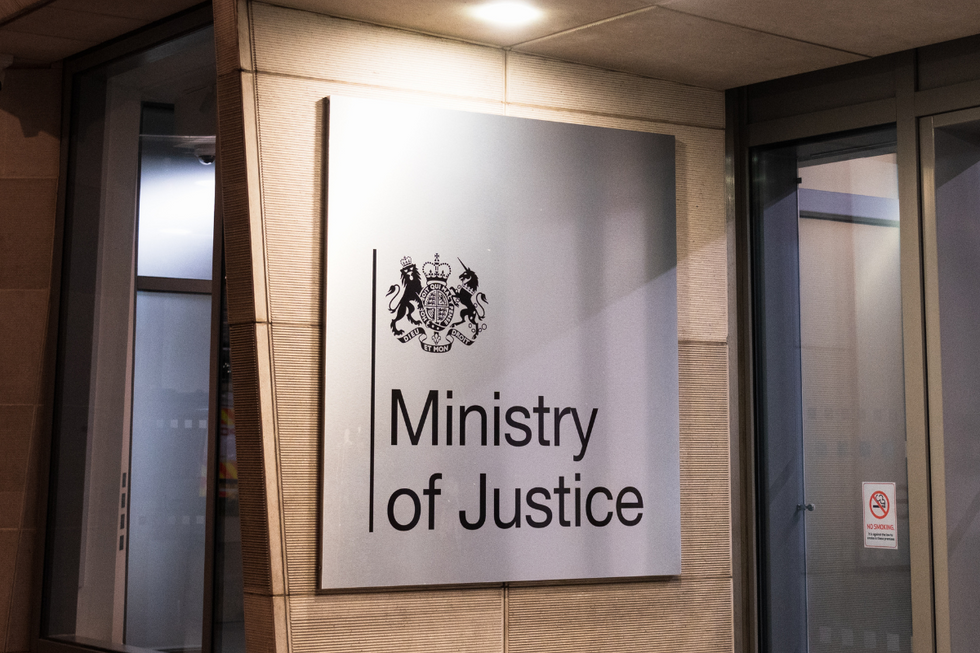‘Groundhog Day!’ Rachel Reeves issued plea as DWP threaten long-term sick with benefits crackdown
GB News
Victims of the thieving fraudsters have been left 'astonished' and 'terrified'
Don't Miss
Most Read
Trending on GB News
Criminals posing as "fake bailiffs" are targeting people across Britain with threats to seize furniture unless victims immediately pay fictitious debts, in what experts have warned is a growing scam.
The fraudsters deployed elaborate tactics, including fake court phone systems and forged documents, to convince victims they must pay thousands of pounds for non-existent county court judgments.
Victims are told bailiffs are en route to their homes to remove possessions, creating panic that scammers hope will lead to hasty payments.
Paul, from Northumberland, received a shocking call from someone claiming to be a bailiff demanding £2,950 plus a £970 fee for an alleged county court judgment from Worcester Crown Court.

Criminals posing as "fake bailiffs" are targeting people across Britain (Stock)
PA
The caller threatened that "the boys and I are going to come round later today to collect furniture from your house to the value of the finding".
The supposed debt was claimed to be for unpaid social media marketing fees related to Paul's holiday cottage business.
"I was astonished and terrified, actually, at the same time," Paul said.
The scammers then gave Paul a fake phone number, which they claimed would connect him to the court. When called, it would play a convincing copy of the genuine court's automated switchboard message.
LATEST DEVELOPMENTS:
Paul then received what appeared to be official court documents by email detailing the alleged debts.
The fraudsters requested payment to a "court appointed adviser's" personal bank account, which finally triggered Paul's suspicions.
When Paul checked the real court's number, he discovered the scam, just as another suspicious email arrived from a dubious address.
The Ministry of Justice has warned that impersonating a bailiff is a criminal offence and advises anyone receiving such calls to hang up and find the correct court number.

The Ministry of Justice has warned that impersonating a bailiff is a criminal offence
GETTY
Sarah Naylor from the Civil Enforcement Association says reports of these tactics have increased, likely representing just "the tip of the iceberg" and work "on the basis of urgency and fear".
Legitimate enforcement officers will always allow time to check details and offer multiple payment options, according to the association.
Naylor has advised anyone receiving such calls to pause and reflect carefully, saying: "Does this seem right? Is this the first you've heard about it? Does it seem suspicious? Keep calm and understand more about the debt."
She emphasised that if the caller is not helping to explain the debt details, they're likely not a legitimate enforcement agent.







